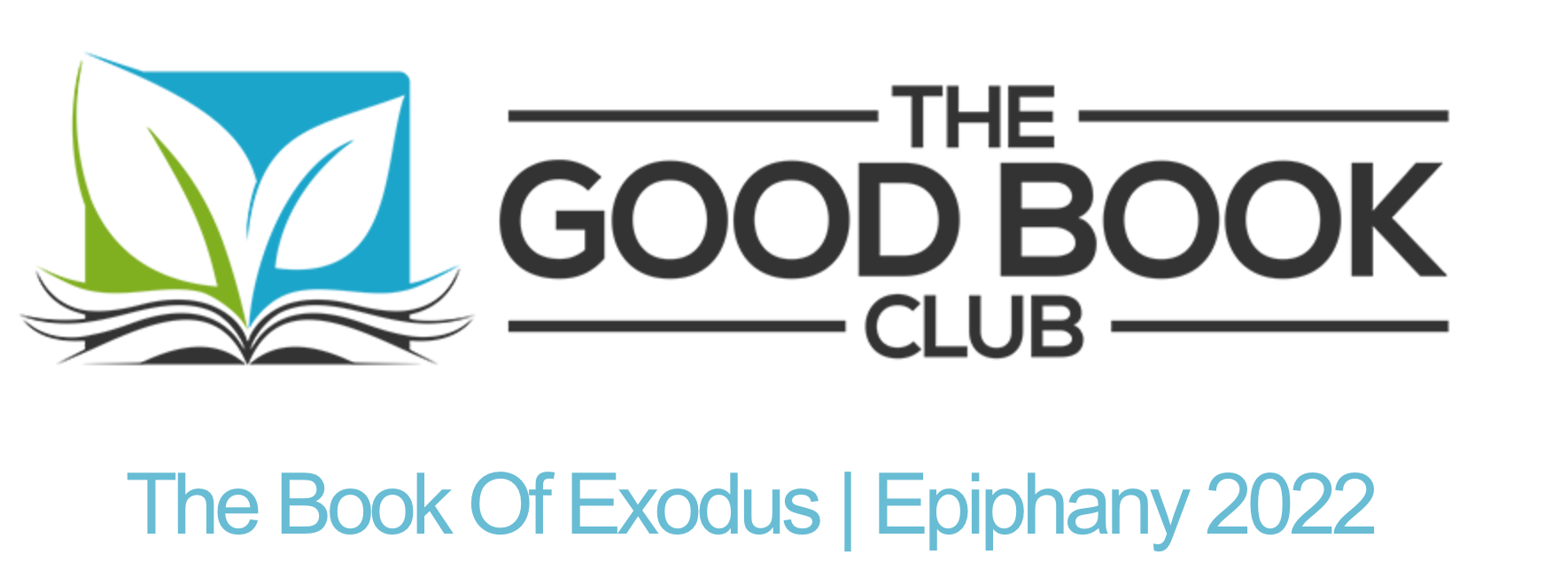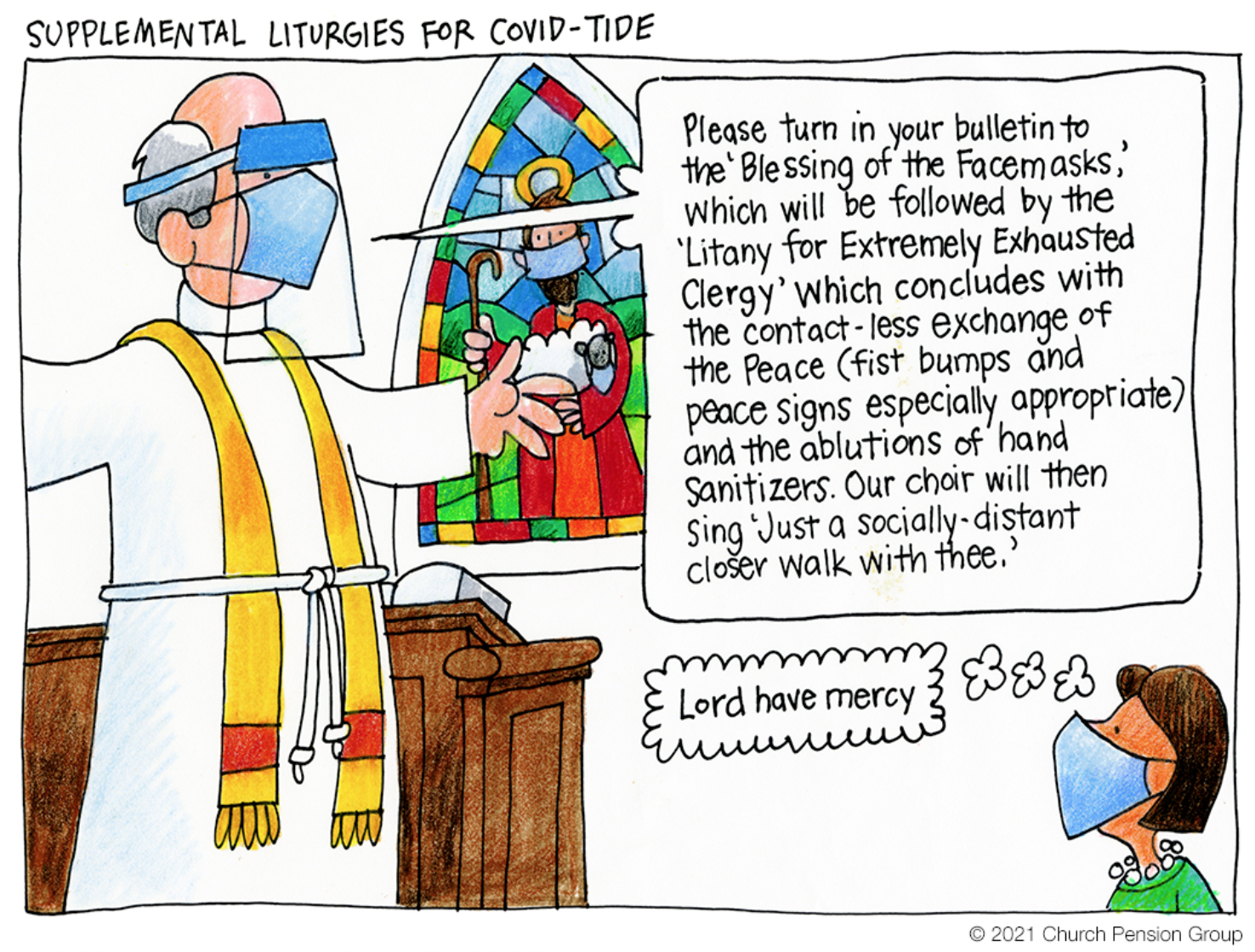
|
Here are excerpts from the collects for this week. Let us pray;
We give you thanks, O Lord of glory, for the example of the first martyr Stephen, who looked up to heaven and prayed for his persecutors…
Shed upon your Church, O Lord, the brightness of your light, that we, being illumined by the teaching of your apostle and evangelist John, may so walk in the light of your truth…
We remember today, O God, the slaughter of the holy innocents of Bethlehem by King Herod. Receive, we pray, into the arms of your mercy all innocent victims…
O God, our strength and our salvation, you called your servant Thomas Becket to be a shepherd of your people and a defender of your church…
Merciful God, who raised up thy servant Frances Joseph Gaudet to be a champion of the oppressed: Grant that we, encouraged by her example, may advocate for all who are denied the fullness of life to which you have called all your children…
And we pray in thanksgiving for the life and witness and ministry of Desmond Tutu, who met hatred with love, and brought joy to the world.
|
Tis the season
We’re going to take another week in this season of Christmas before we return to reflection on the Sermon on the Mount. While the culture has been celebrating Christmas since Labor Day, the church sees December 25th as just the beginning, with a season of observance that lasts until January 6.
It’s a season filled with special feast days, and if you’re looking for more holly-jolly, you might be disappointed. We got a hint of this when we observed the Feast of St. Thomas, of doubting fame, right before Christmas (Dec. 21). And this week, there are a few special days that make us realize why we so desperately need good news of great joy which shall be to all people.
Today, we observe the feast of St. Stephen (as mentioned in the carol “Good King Wenceslaus”). Stephen’s story (not Wenceslaus’) is first told in the book of Acts. As one of the deacons of the church, one of the folks set aside by the church to address the needs of the poor, Stephen was the first martyr of the church. St. Paul was cheerleading those who stoned Stephen to death.
Tomorrow, we observe the feast of St. John, apostle and evangelist, who by tradition was exiled to the Isle of Patmos. Though he seems to be the only one of the twelve disciples that didn’t give his life for the sake of the gospel in some gruesome, violent way, he had his own experience of persecution. That may have made the book attributed to him, the Apocalypse (a.k.a, the book of Revelation) all the more vivid.
Day after that comes the feast of the Holy Innocents, which marks the day when King Herod put all two year old boys in Bethlehem to death. I will always remember doing a funeral on this day for an 8-year old boy who died of brain cancer. I loved that kid. The feast reminds us that the suffering of innocents continues. Why is it so often the children who bear the brunt, especially the brunt of foolish and heartless political leaders?
Later in the week, we observe the feast of St. Thomas a Becket, that troublesome priest that King Henry II wanted to get rid of. The king thought he had succeeded when murder took place in the cathedral. Of course, Thomas is remembered with reverence. Henry, not so much.
And then comes a lesser known feast as we recall the life, ministry and witness of Frances Joseph Gaudet, an African American woman born in Mississippi in 1861 (just those facts indicate a challenging life). She dedicated her life to prison reform, coupled with provision of education for those who would otherwise not receive it. Her death in 1934 marked the conclusion of a life dedicated to prisoners, a reminder that our culture that seems to think the solution lies in mass incarceration needs to hear the good news of the liberating love of Jesus.
I’m not sure what the thinking was way back when to fill the Christmas season with these stories reflecting the challenges that mark the human condition. It’s a season filled with martyrs, a word which is loaded in our culture. We often think of a martyr as some unattractive, whining self-righteous person who says something like “Don’t mind me. I’ll just sit here in the dark corner by myself.” But martyr means witness, someone who shows that the good news of Jesus, the news of that loving, life-giving, liberating Lord is news of greatest value, more valuable than life itself. That’s news we all need to hear.
Maybe your life is free of challenge. Maybe you’ve had no encounter with the hard heartedness of our world and its people. Bless you if that’s the case. But if you’re like most of us, you know that life is difficult, that there’s a crack in everything God has made. The Christmas season tells us that that is where the light can shine through.
Of course, saints lived not only in ages past. There are hundreds of thousands still. And we lost one of the great modern saints in this Christmas season. Desmond Tutu showed us what it meant to meet the ugliness and injustice of our world with love and joy. He countered the love of power with the power of love. May God grant him peace as the Archbishop sought to bring peace to the world. And may God grant comfort to those who mourn, and to those who look for others to continue the fight against injustice.
Each of these saints call us to be witnesses of the light this week, which comes to us with grace and truth. Perhaps we can resolve to be that kind of witness in the coming year, in the new year, in all the days ahead.
What might that look like in your life?
-Jay Sidebotham
Good Book Club to start 2022 with Exodus
Start the new year with a renewed spiritual practice of reading God’s Word. Forward Movement, with support from partners from around the Episcopal Church and Anglican Communion, will celebrate the time of Epiphany with a new round of the Good Book Club by reading the first half of the Book of Exodus.
Exodus recounts the journey of the Israelites from slavery to freedom. We hear the great stories of Moses, from his discovery by Pharaoh’s daughter on the bank of the river to the burning bush to his presentation of the Ten Commandments. Along the way, we encounter God’s covenant and explore the grand theme of redemption.
This year, we have a bonus time of scripture engagement: the Good Book Club will dive into the first twenty chapters of Exodus from Epiphany, January 6, to Shrove Tuesday, March 1. For those who want to keep reading, we’ll offer a daily reading guide and an overview of the second half of Exodus. That reading period will conclude on Easter.
The full schedule, including the list of daily readings is available at www.goodbookclub.org.
Sign up to receive updates on Exodus.
Joining the Good Book Club is easy: Open your Bible and start reading!



